 Well, no real surprises in this years Goodreads Awards… annoyingly in some respects.
Well, no real surprises in this years Goodreads Awards… annoyingly in some respects.
As I hinted at in my blog post a few weeks back – when I discussed the announcement of the finalists – the Award tends to be more of an author popularity contest than a ‘good book contest’. Just to explain what I mean, the winner The Ocean At The End Of The Lane got a rating of 4.01 with 45,000 votes, but A Memory Of Light in second place had a rating of 4.51 and yet only 13,021 votes. In fact, of the 20 books that made the finals 13 scored a higher average than the winner.
Sadly, I guess this is an inevitability when you have a poll based competition as opposed to a panel based judgement. One of the best insights I’ve read on this matter was by Joe Abercrombie (who, when you think about it, should be as in-favour as anyone of popularity contests!):
“Individual juries will always have their wrinkles, and I’m sure there will always be issues that can be taken with any result, but at least they’ve all read the books on the shortlist, considered them, compared them, argued over them, and made an informed group decision as to which one is the best, however they choose to define it.”
AND
“[With public vote awards] there is no discussion or examination, necessarily. It seems deeply unlikely most voters will have read much of th] e extended longlist, or even the whole shortlist. It seems perfectly possible many voters will only have read the book they vote for. There’s the risk it becomes a campaigning contest in which even committed readers of epic fantasy, let alone more general readers, aren’t particularly interested.”
At the end of the day though I shouldn’t be too critical of Goodreads and their process, because this year the books that placed highly in the awards were pretty damned good… It just seems a shame that without even looking at the books you can guess who will take the title and the rough order that the runner ups will place just by viewing the names of the authors.
I will post the covers of the books with links to their Goodreads page below. They are in order (left to right of who got the most votes). You can see full details on Goodreads by clicking here.
P.S. Please do let me know whether you think Goodreads Visitors got it right 🙂


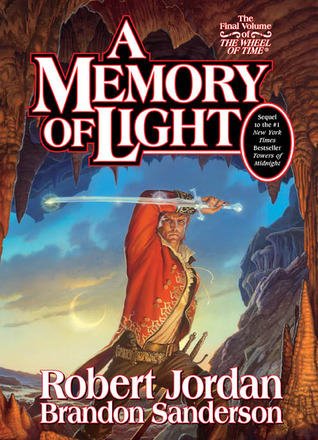


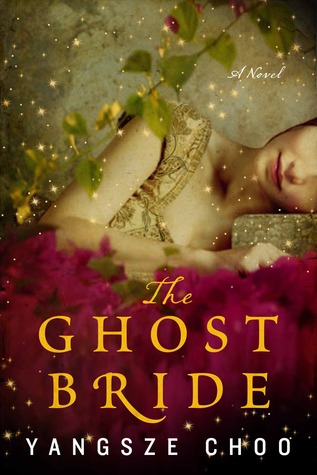
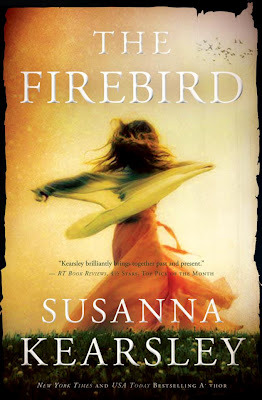


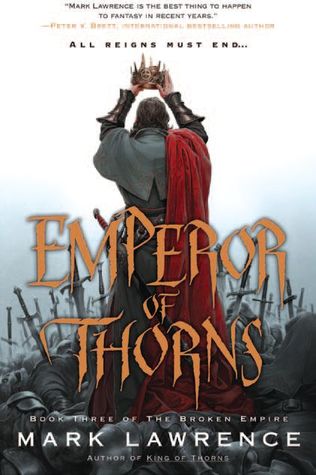




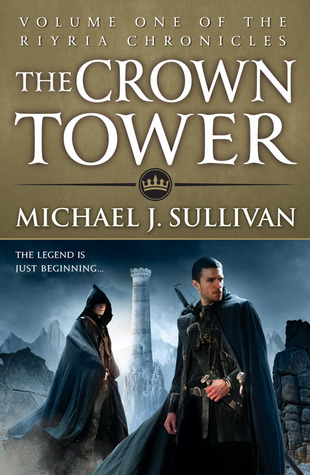


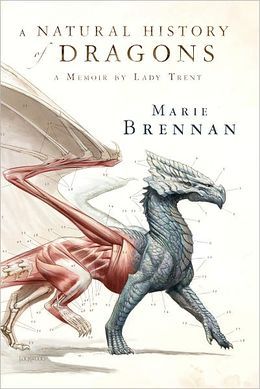




No, I really DON’T think they got it right. When I looked over the list of winners, I just saw a popularity contest with no surprises. I’m happier with the books that made it to the final, a lot more diversity there. But I really don’t have room to talk based on the above. I certainly hadn’t read every book on all the lists and sometimes just voted for the one I’d read. 🙁
Yes, I think these kind of things work better when you say:
“Hey, Public: have you read a great book this year? Let us know what it is and why you enjoyed it!”
Then, once you have a huge list, look at the books that have been mentioned multiple times by multiple people and form a panel of industry experts / genre enthusiasts to read each of the longlisted / shortlisted titles and then make an informed decision as to which was the best of the bunch.
I guess that gets even harder though with say Republic of Thieves or A Memory of Light, because you need to find a panel worth of people who have read all the book in those series.
At least the fantasy sectio had good books to vote for. The romance aection had new adult and twilight fan fiction. GR does not to best book well
I think the debate will go on for years to come: jury-based awards or people’s choice. Each has its drawbacks and advantages in terms of fairness and completeness. Overlord makes an interesting point with his suggestion for a hybrid system that polls the public yet hands down-selecting to an informed panel of experts. At the end of the day though, somebody is going to be leaving the party in tears.
I have read very few of the books on the list and definitely like the approach you suggest of an original huge list from the public and then an informed panel to chose.
Panels/committees alone, who read all books and then come to a consensus often have outside pressures and incentives. They can be far more biased in less praiseworthy ways than readers getting behind a book they love and voting even though they may not have read the longlist or even the short list, as in the Goodreads method.
I think the Goodreads results were pretty good and was genuinely surprised and pleased to see Helene Wecker’s The Golem and the Jinni had done so brilliantly well. To come third to Neil Gaimann and Robert Jordan is an honour and to beat our much loved Scott Lynch amazing. I think the fact that this is a first novel, by a previously unknown author tends to refute the author popularity theory a little, in this instance , although I do tend to agree in general.
Because The Golem and the Jinni is so atypical of the urban fantasy we are used to, the fact that it is accepted and praised is a tribute to the discernment of fantasy readers and their enjoyment, acceptance and appreciation of good writing and new ideas.
I don’t know about the rest of you, but I do not vote for books I have not read. In some categories that will mean that there were only one book that I could vote for in the finals – in the fantasy category that was Gaiman’s book, as I had read non of the other finalists, not because they are not good, but because I had not come around to them yet. Does that mean that I shouldn’t vote in that category? Perhaps that is what It means.
In a public voted award the books that most people have read will get the most votes – simply because the person voting knows if that is a good book or not.
… I don’t think the Goodreads award is really the best book of the year, so much as it is the most read good book of the year. If people read a book and don’t like it I don’t think they will vote for it, even if it is the only book they have read in that category. So when we vote for a book, it is a book that we have read and think is good enough to get our support. I didn’t vote for Gaiman in the first round where you could write in your own choice, but the way the vote is structured you have to pick from the list available in the second round or not vote.
I can’t say whether or not the choices were right, given that I haven’t read all the books that made the shortlist, let alone so many of the books that didn’t. (At least most of the books there are ones that I intend to read, at any rate.) And some that made it to the final rounds that I had read were good, but not what I would consider award-winning.
But really, the award isn’t about the best book of the year, since that kind of thing is so subjective anyway (one person’s 4 is another’s 2, and a third person’s 5), but simply the book that readers chose. If that was because the author was more popular or the book more well-known, then so be it. That’s part of the judging. It sucks that there are thus some books that didn’t win the award that perhaps could have, or vice versa, but that’s a risk taken with any contest or judgment-passing. It might not be the best system, but it’s certainly not the worst, and it did at least allow for write-in votes early on.